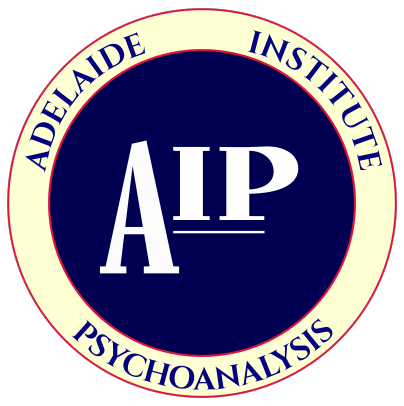Training – Program
The aim of Psychoanalytical Training is to develop psychoanalytic competence and a core psychoanalytic identity. A psychoanalytic identity requires intellectual and emotional openness towards understanding the complexity of the human mind including its suffering. Essential to this identity are an attitude of scientific curiosity, a spirit of openness towards new observations, and a wish to acquire a comprehensive understanding of the accumulated body of psychoanalytic knowledge.
A psychoanalytic identity also includes a lasting commitment to continuing study and development as an analyst, including regular consultation with colleagues. The analyst’s identity and work depend upon developing and maintaining high standards of clinical competence, high ethical standards and a commitment to patient care. This course is part-time and is organised, as far as possible, so that students are able to continue working during the training.
A fundamental requirement for psychoanalytic education and clinical training is an established identity as a professional whose conduct assures a firm and enduring commitment to responsibility and ethical patient care. Psychoanalytic education begins with the selection process and therefore requires much care and thought.
Selection is based on an applicant’s suitability, eligibility and readiness. It is the official position of the Branches that an applicant is never excluded on the basis of age, sexual orientation, religious affiliation, racial or ethnic background. Psychoanalytic training involves the study of theoretical and clinical principles, and aims towards scholarly achievement, personal growth and the development of psychoanalytic clinical expertise.
The training program usually extends over five to seven years. On completion, candidates become Associate Members of the Australian Psychoanalytic Society and Members of the International Psychoanalytical Association, the body which monitors standards for Psychoanalytical practice world wide, and which has over 12,000 members
This training is based on a tripartite model with three complementary learning experiences: a personal analysis, theoretical and clinical seminars, and supervised psychoanalytic work. Together they result in a comprehensive training experience that puts candidates in the best position to begin to offer psychoanalytic help to others. For further details please see the Psychoanalytic Training Prospectus.
